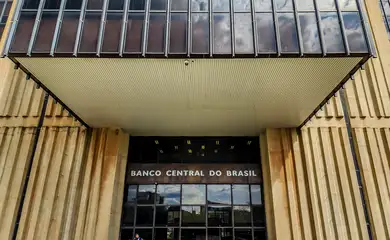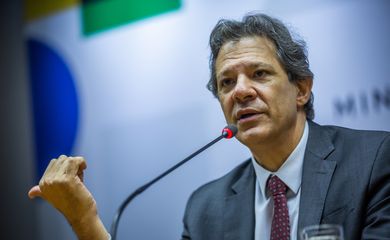Brazil foresees sustainable growth cycle after interest rate reduction

The reduction in Brazil's basic interest rates and anticipated cuts in the United States next year will pave the way for a Brazilian sustainable growth cycle, said Finance Minister Fernando Haddad on Wednesday night (Dec. 13). He noted that Brazilian investors can foresee a phase marked by reduced unemployment and controlled inflation.

"The day marked an important moment for Brazil, primarily fueled by positive developments from abroad that have encouraged the market, and in my opinion, rightfully so. This news gives us reason to believe that an overseas cycle of interest rate cuts could commence," stated the minister.
On Wednesday, the Central Bank's Monetary Policy Committee (Copom) reduced the Selic rate—Brazil’s benchmark interest rate—by 0.5 percentage points, to 11.75 percent a year. The reduction was expected by financial institutions, but the Copom indicated that it intends to maintain the pace of cuts of 0.5 points at the beginning of next year.
In the United States, the Federal Reserve (Fed)—the US central bank—maintained the basic interest rate, but indicated that it intends to lower the rate in the world's largest economy by 0.75 percentage points over the course of 2024.
"This is a positive development for Brazilian families. We are poised to conclude the year with promising indicators across the stock market, exchange rates, and future interest rates. This bodes well," affirmed the minister. Haddad reiterated that the more swiftly monetary and fiscal policies align, marked by a reduction in interest rates and the public deficit, the more favorable the outcome for the Brazilian economy.






